When you look up in the sky on a cloud-free night, you see many thousands of stars, if you are not in a light-polluted area, of course. One thing you’ll quickly notice is that the stars twinkle, while the planets do not.
Why do stars twinkle?
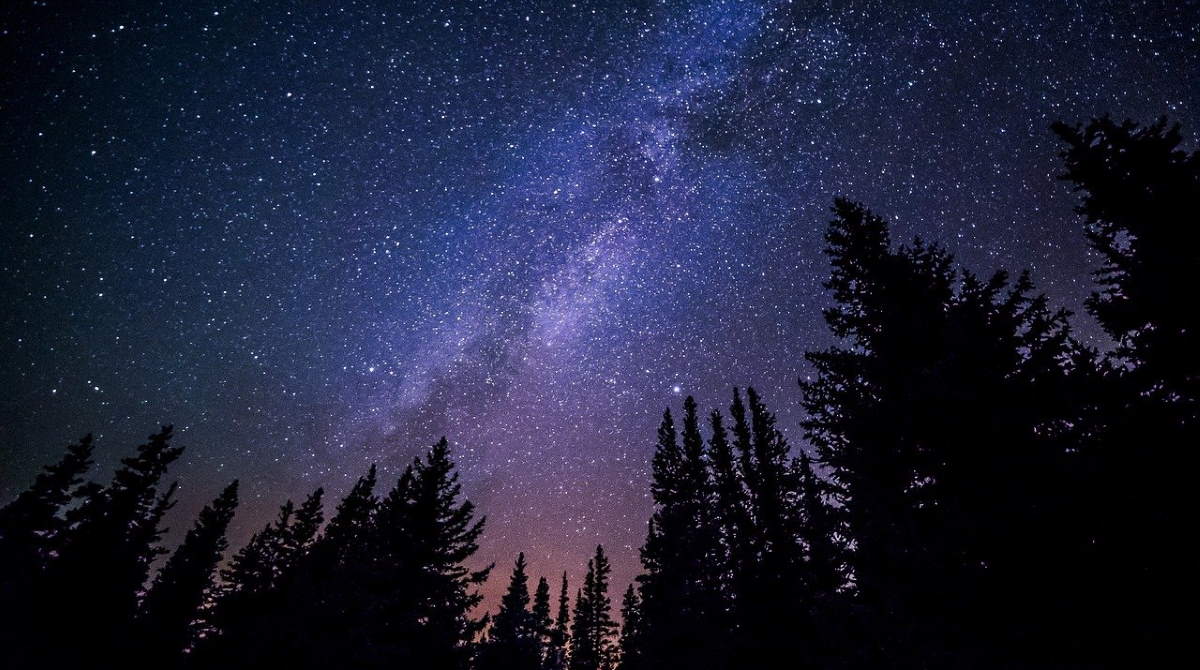

When you look up in the sky on a cloud-free night, you see many thousands of stars, if you are not in a light-polluted area, of course. One thing you’ll quickly notice is that the stars twinkle, while the planets do not.
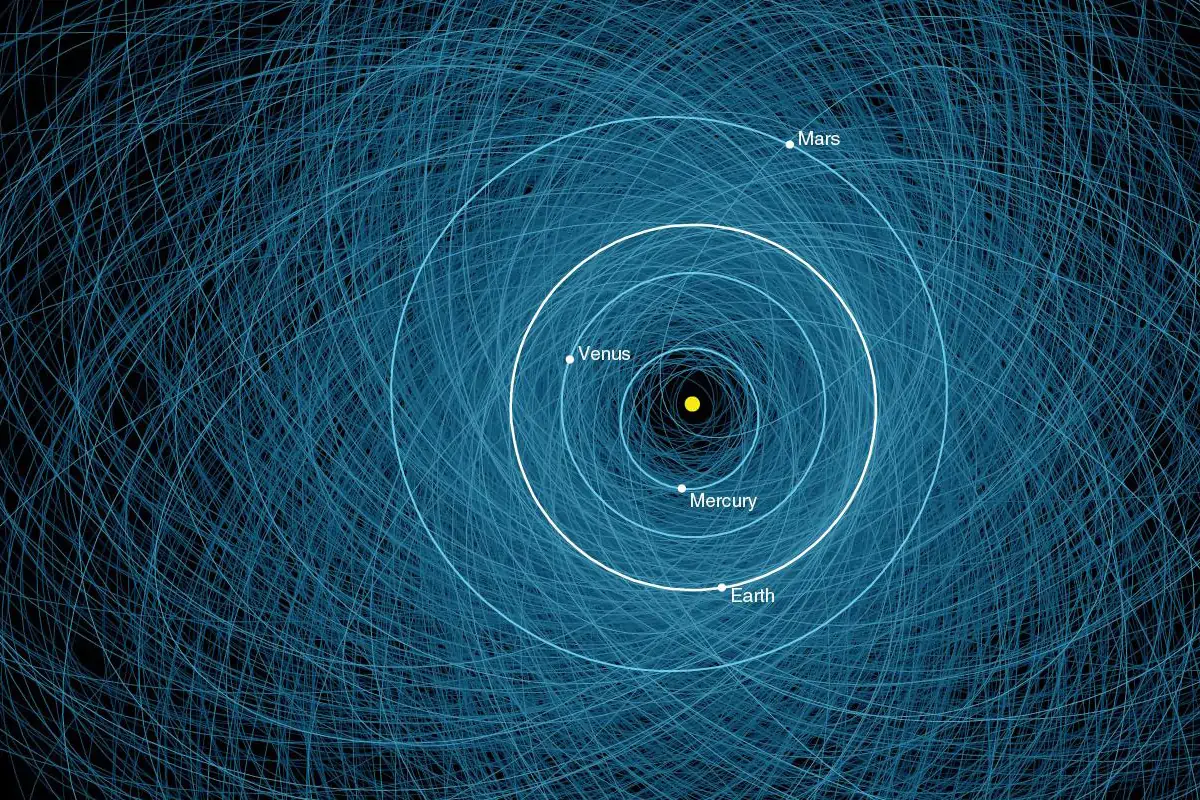
NASA has published a disturbing image of the orbits of potentially hazardous asteroids on the APOD (Astronomy Picture of the Day) website. The image shows the orbits of the asteroids which are more than 140 meters (450 feet) across and will pass within 7.5 million kilometers (4.66 million miles) of Earth. If hits, a space rock that big could wipe out the entire human race from the Earth.
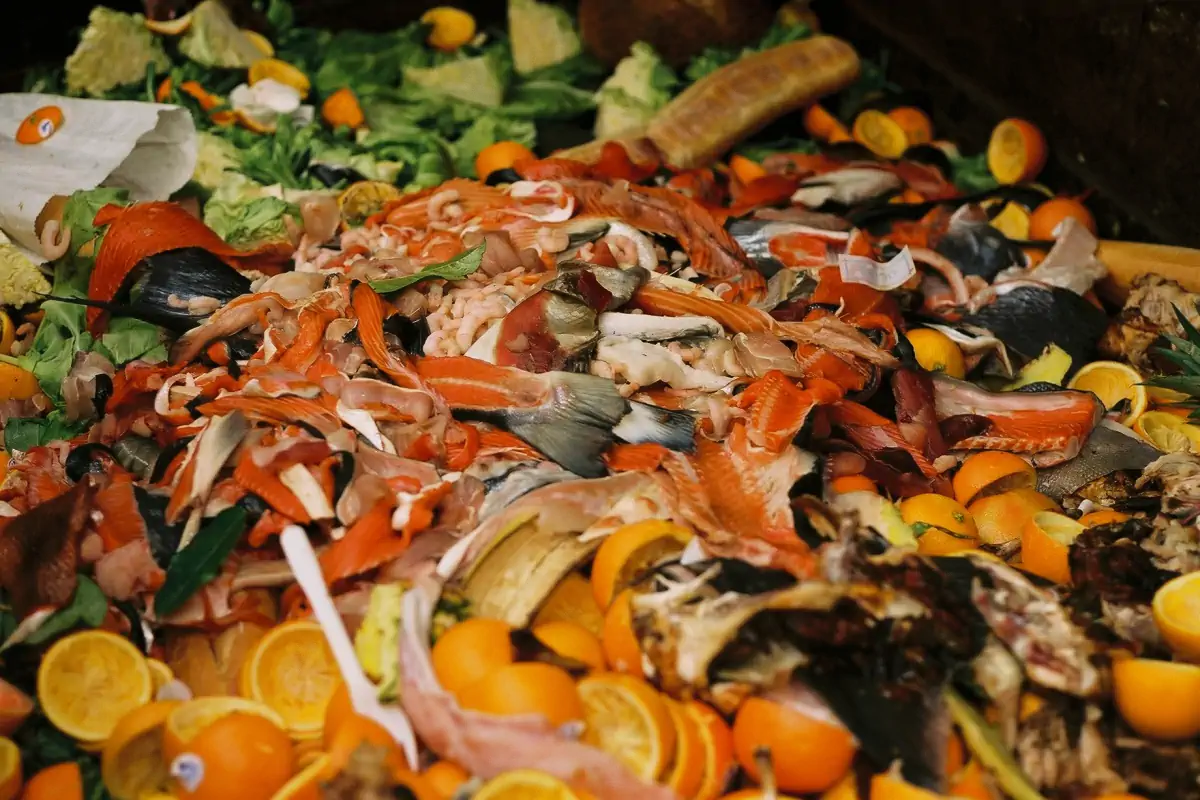
2020 was not friendly to food sustainability. Restaurants struggled to meet conventional production rates during the pandemic. A decreased demand for food increased waste, generating sustainability challenges. In the Midwestern United States, potato farmers were forced to dump billions of pounds of potatoes in landfills when supply chain issues made it impossible to find a market for their produce.
Professor David Ruzic of the University of Illinois debunks the myths about nuclear energy in this live lecture he gave to high school seniors and college students, emphasizing the need for nuclear power and countering its common objections.
Prof. Ruzic’s other videos on his Youtube channel have much more detail on each topic and this lecture is meant as an overview.
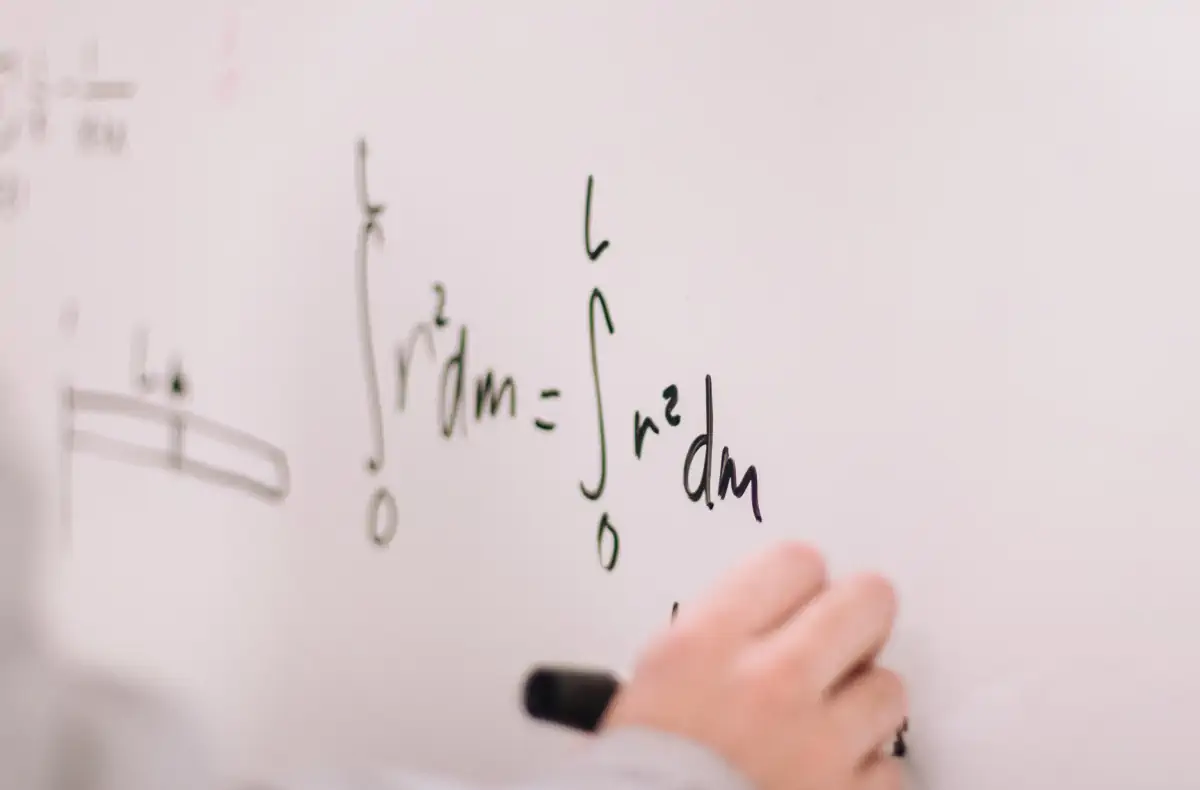
Mathematics = Intelligence = Sexy ∴ Math = Sexy
Mathematics has been an essential tool for human progress and development since the origins of humankind. It is truly amazing how math has become a fundamental piece behind almost everything we do in our daily lives, without most of us even noticing it. However, due to its extensiveness and complexity, many have wrongly labeled the general application of mathematical knowledge as a tedious or unattractive endeavor when it’s quite the opposite.
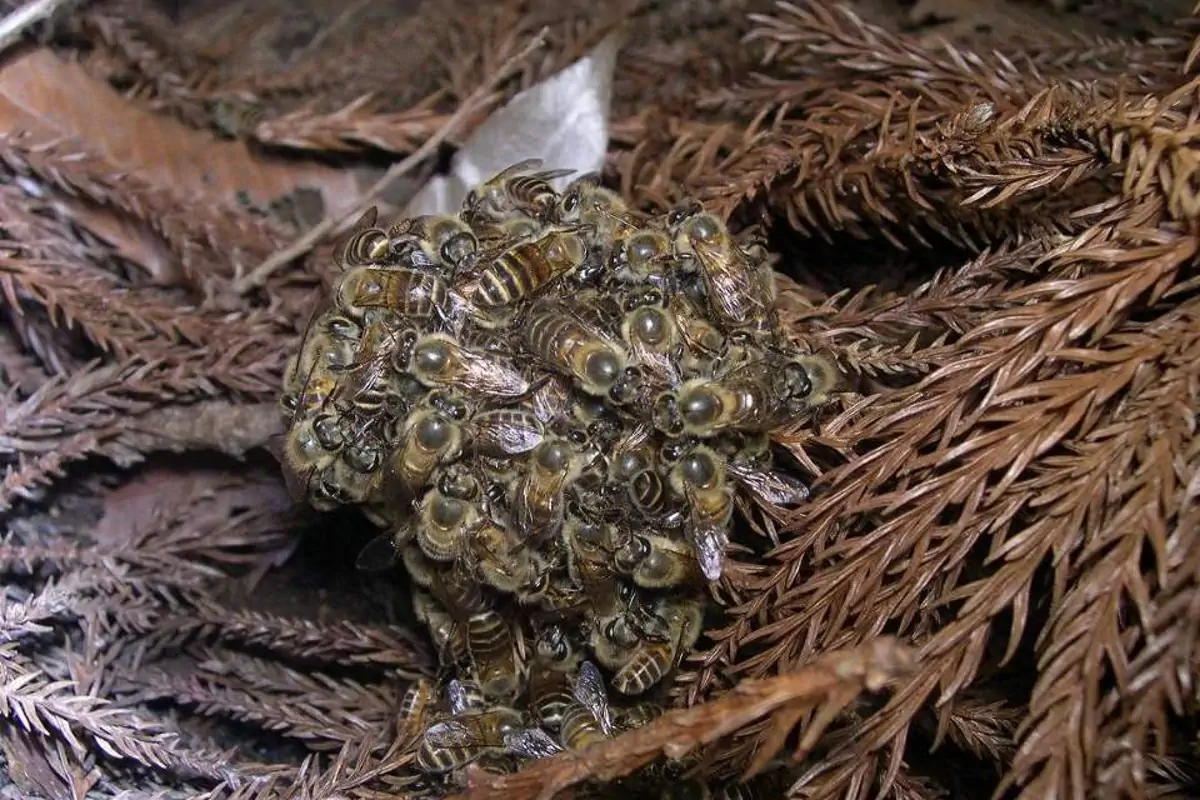
Despite the old adage “nice guys finish last”, cooperation is common in life – from the scale of genes or cells through to entire societies. Although these two ideas seem to contradict each other, Dr. Egbert Giles Leigh Jr. has demonstrated throughout his career at the Smithsonian Tropical Research Institute in Panama that working together has been the key to the success of multicellular life. Here, he explains his view of how competition and cooperation both played essential roles in bringing forth productive, diverse ecosystems.
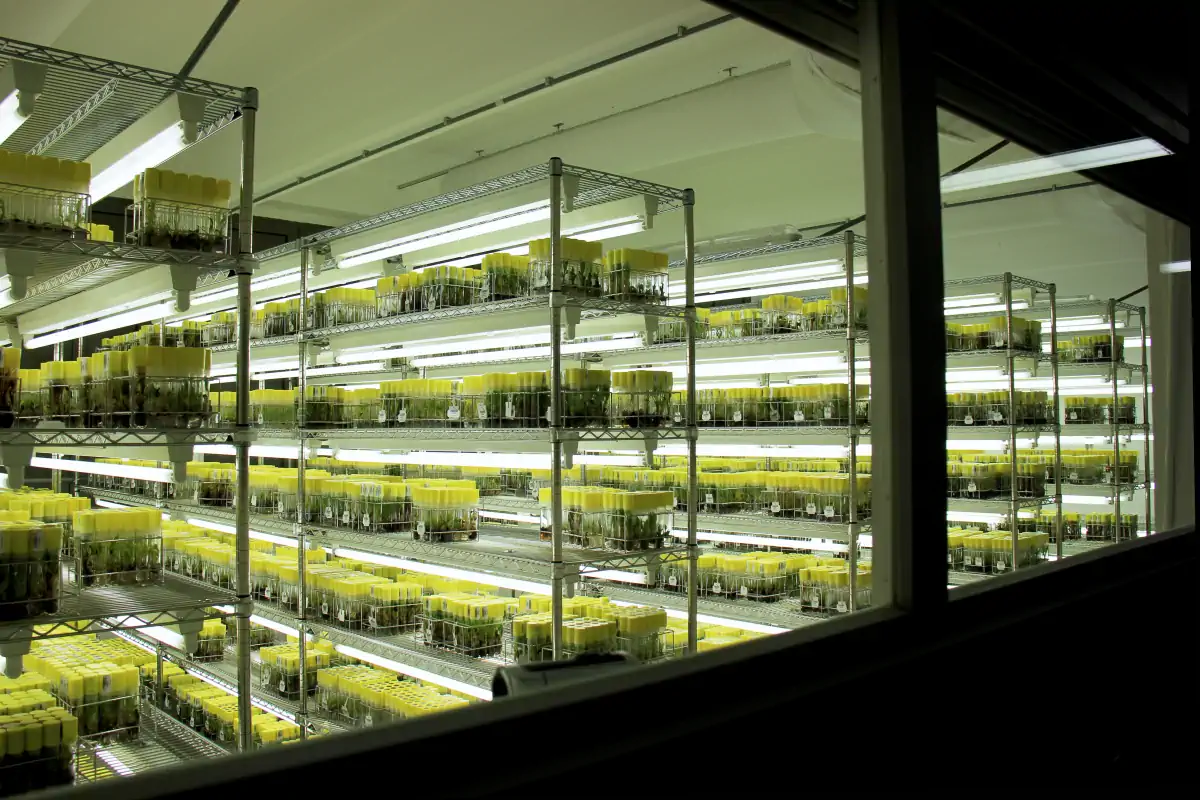
The ability to keep food, medicines, vaccines, and our buildings cool underpins much of our modern way of life, but it is also a major source of greenhouse gas emissions. If the world is to meet its development goals and climate change targets over the coming decades, we need to rethink how we keep things cold, says Professor Toby Peters, an expert in the cold economy at the University of Birmingham in the UK.
by Richard Gray
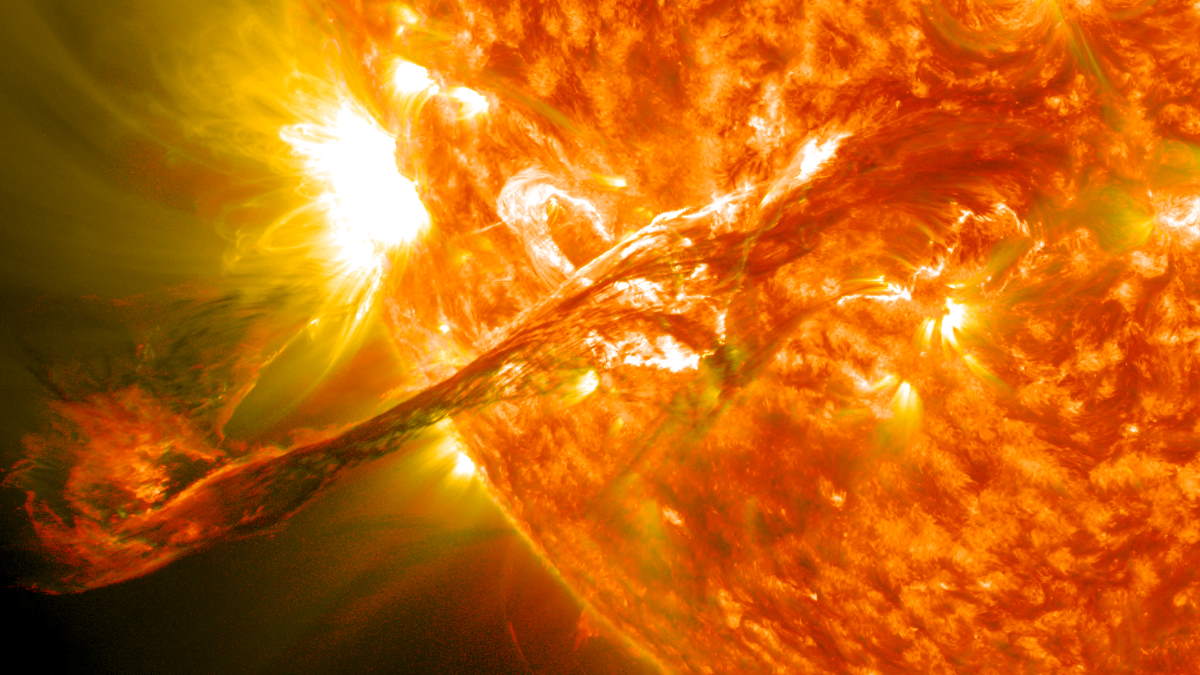
The Earth is getting full of waste, pollution, and garbage. Yes, the world should focus on recycling and reducing waste, but, the truth is that it’s just not that easy, and in fact, we’re not doing well so far. So, why not shoot the Earth’s garbage into space, or even better, into the Sun?
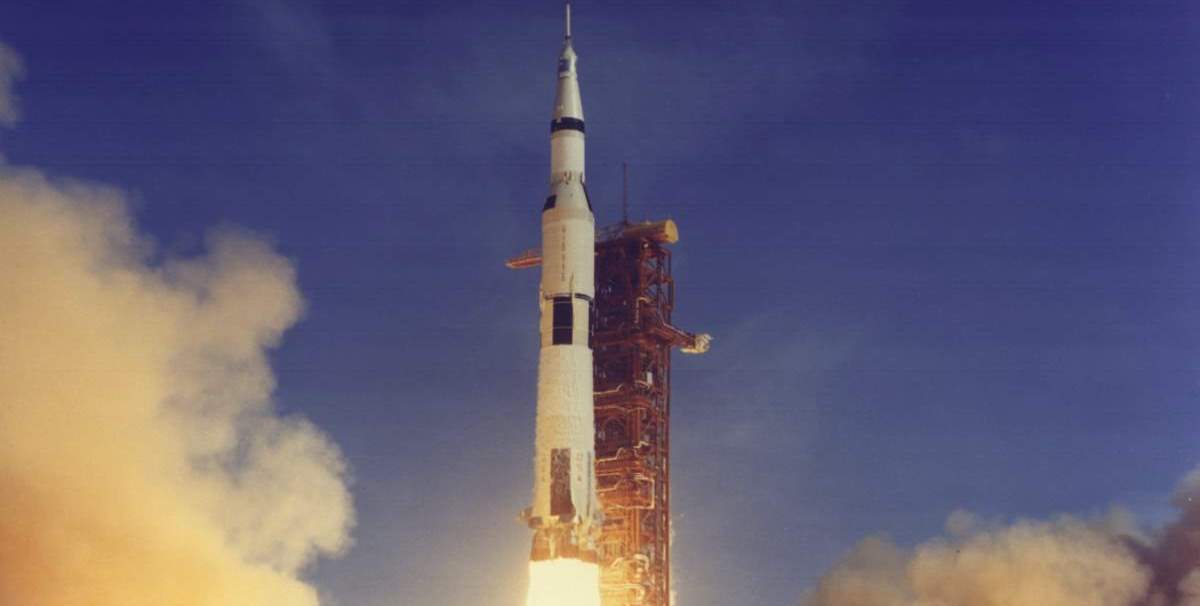
Rocket development has become one of the most critical areas of study in the modern technology niche. Most well-developed countries are looking forward to exploring space nowadays. Various types of space equipment and gear are being developed for space exploration.

Experts are called “experts” for very good reasons.